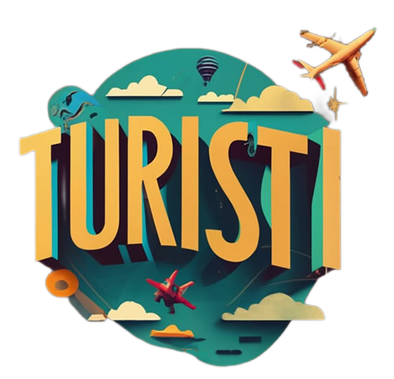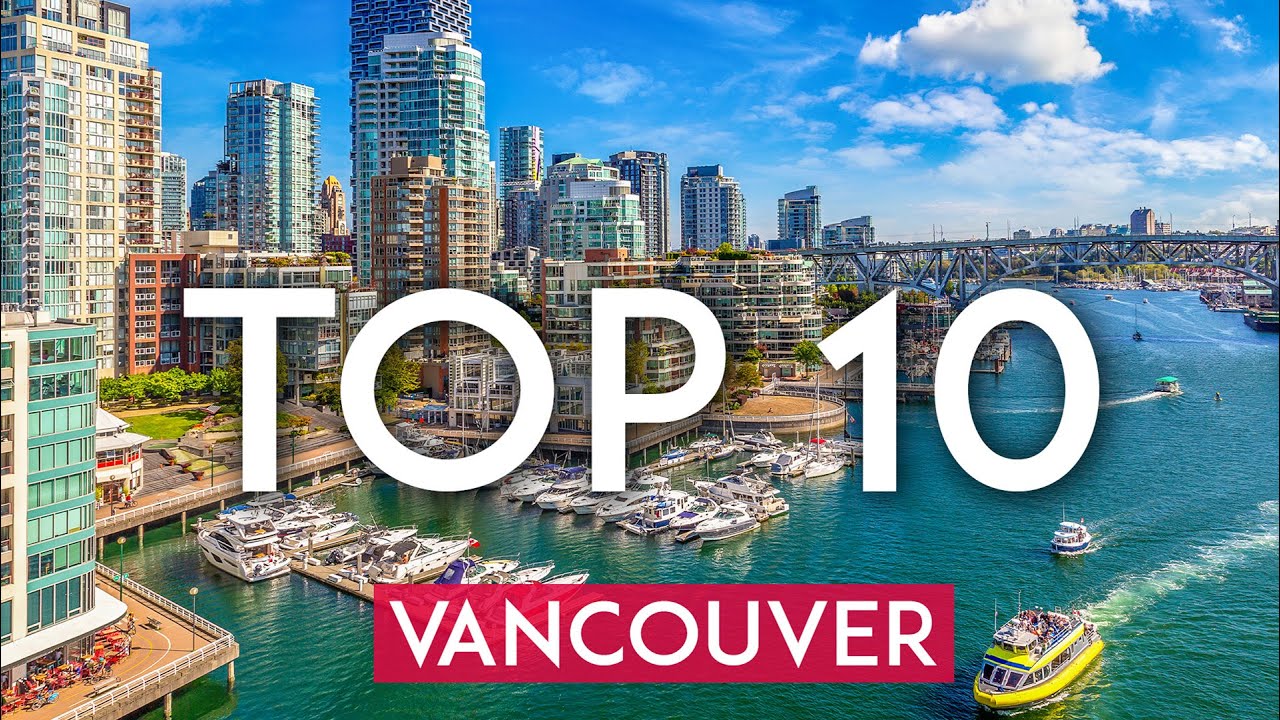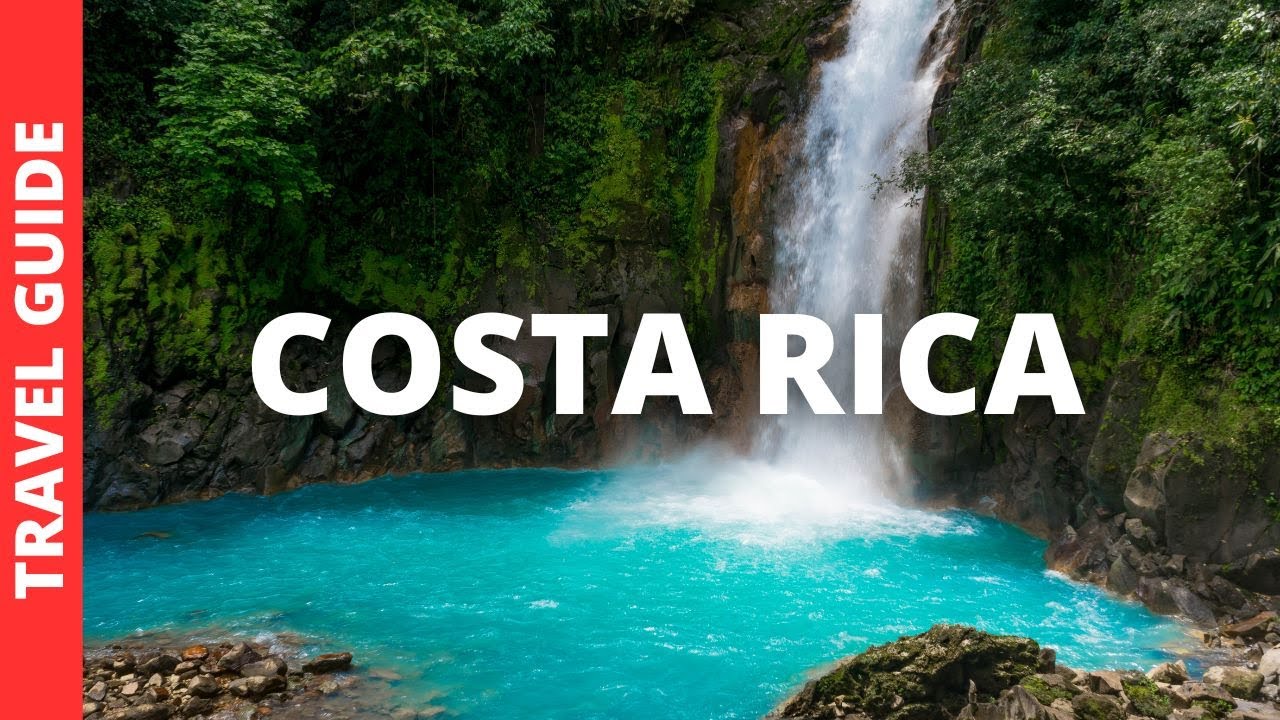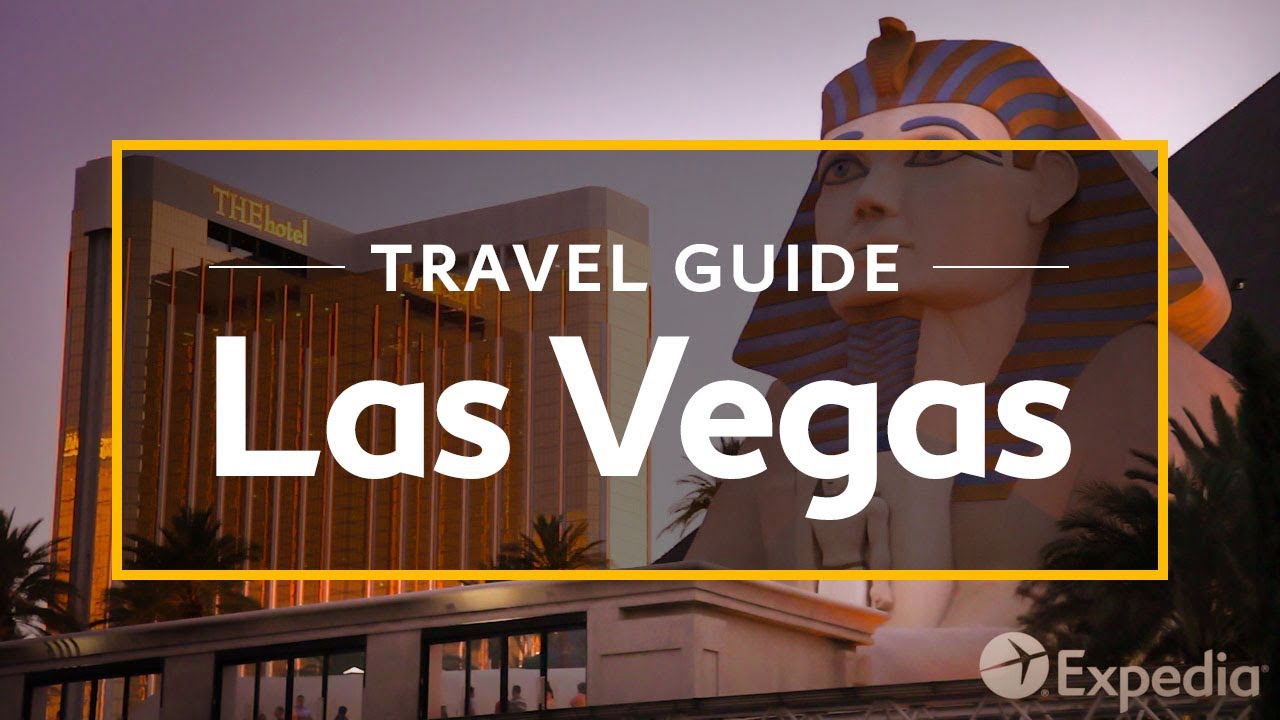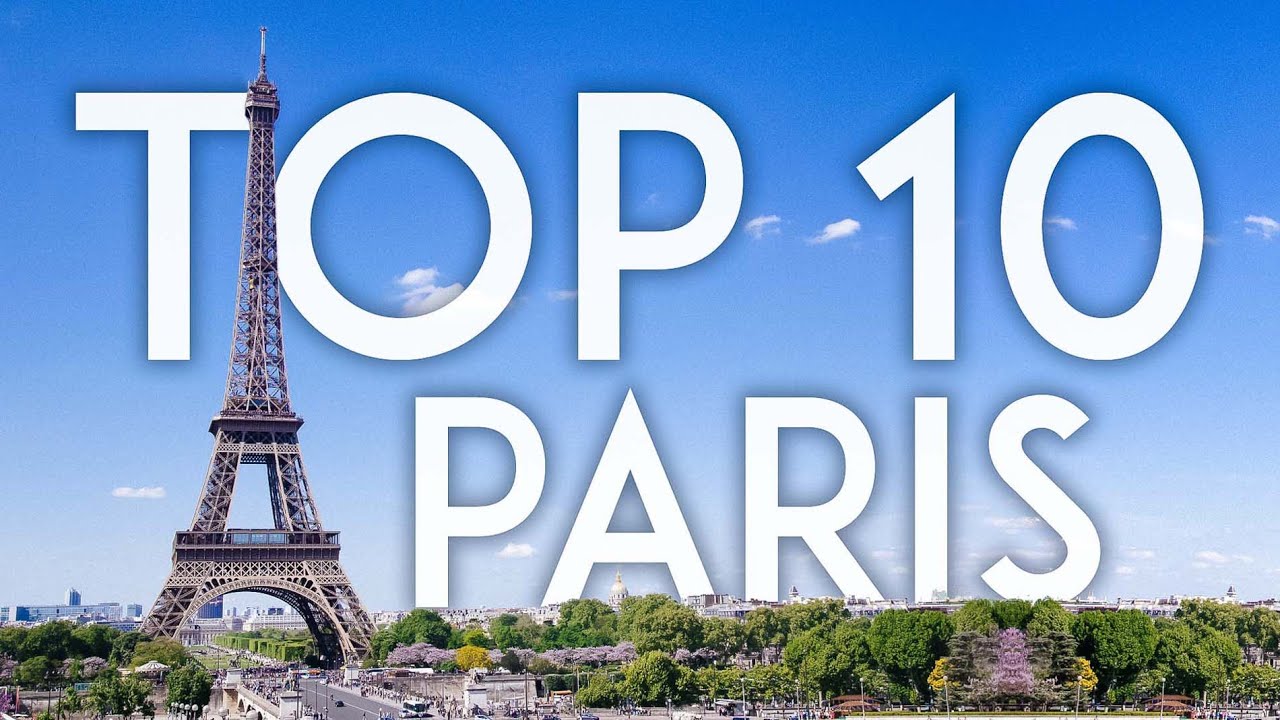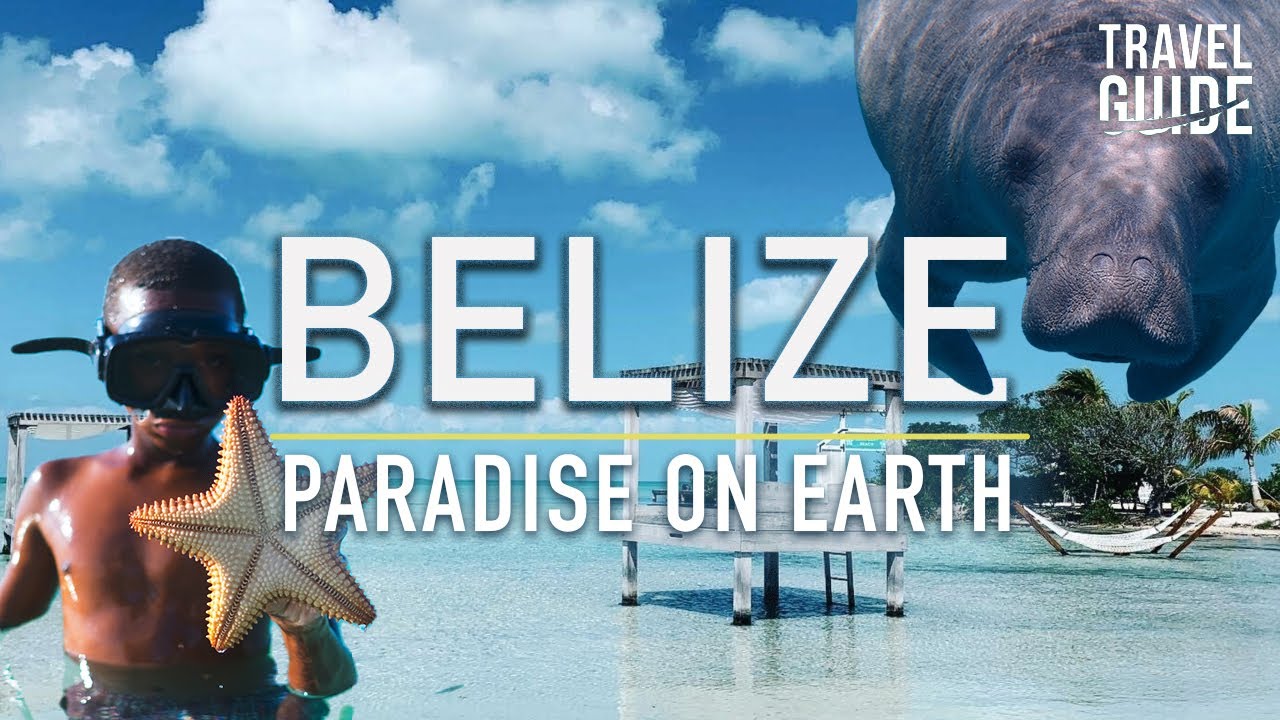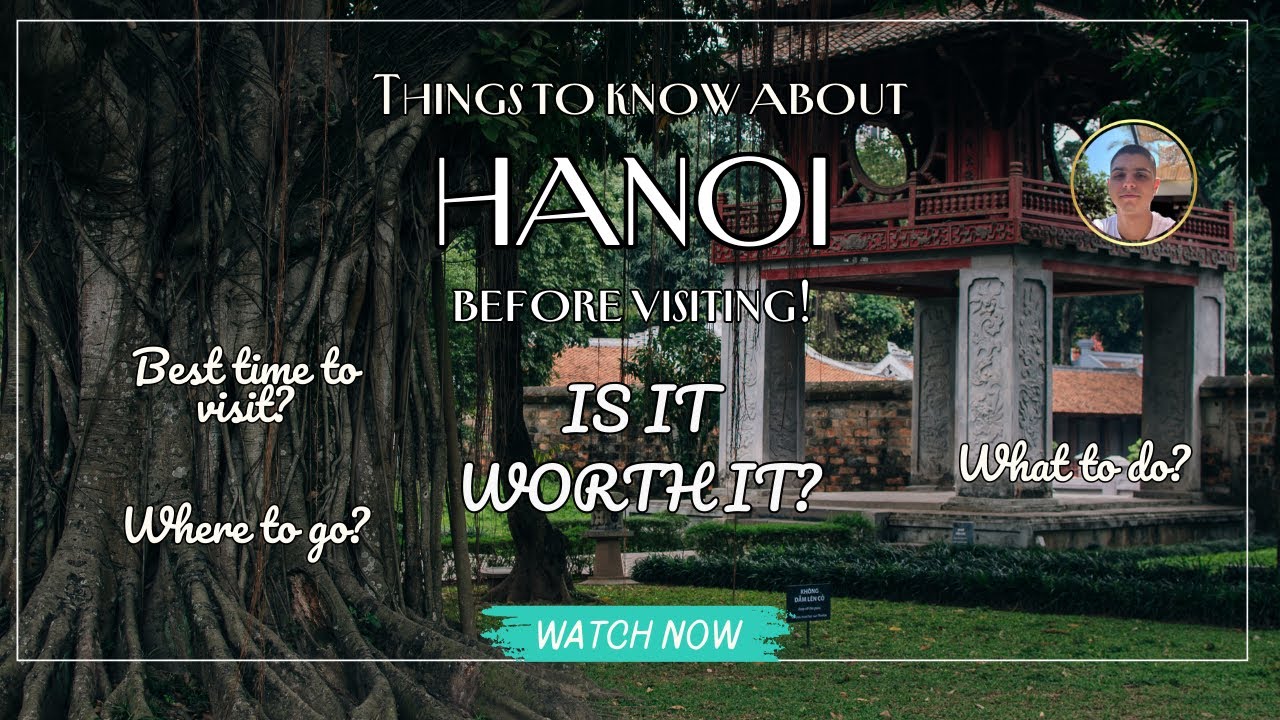TravellingManagementCourse #QuickSupport What is Travelling Management Course With Full Information?
A Travelling Management Course, also often referred to as Tourism Management or Travel and Tourism Management, is a program designed to equip individuals with the knowledge and skills necessary to work in the diverse and dynamic travel and tourism industry. These courses cover various aspects of the industry, preparing graduates for roles in planning, managing, and delivering travel and tourism services.
Here’s a breakdown of what a Travelling Management Course typically entails:
Levels of Study:
- Diploma and Certificate Courses: These are shorter-term programs (ranging from a few months to a year) that provide foundational knowledge and practical skills for entry-level positions.
- Undergraduate Degrees (Bachelor’s): These are typically 3-4 year programs offering a comprehensive understanding of the tourism industry, including management principles, marketing, operations, and destination development. Common degree titles include Bachelor of Tourism Management (BTM), BBA in Tourism and Travel Management, BA in Travel and Tourism Management, BSc in Hospitality and Tourism Management (with a specialization in travel).
- Postgraduate Degrees (Master’s): These 1-2 year programs are for graduates looking to specialize further or take on leadership roles. Common degrees include MSc in Tourism Management, MBA in Tourism and Hospitality Management, MA in Tourism.
- Professional Development Courses: Shorter, focused courses for industry professionals looking to upgrade their skills in specific areas like travel technology, sustainable tourism, or business travel management.
Core Areas of Study (Curriculum):
The specific subjects covered will vary depending on the level and focus of the course, but generally include:
- Foundations of Tourism and Hospitality: Introduction to the tourism industry, its history, types of tourism, and the interconnectedness of different sectors (accommodation, transportation, attractions, etc.).
- Tourism Management: Principles of management applied to the tourism sector, including planning, organizing, staffing, directing, and controlling.
- Tourism Marketing and Sales: Strategies for promoting destinations, travel products, and services. This includes digital marketing, social media, branding, and sales techniques.
- Destination Management and Planning: Understanding how destinations are developed, managed sustainably, and marketed to attract visitors.
- Transportation and Travel Operations: Knowledge of different modes of transport (aviation, rail, road, cruise), travel agencies, tour operations, and logistics.
- Accommodation Management: Principles of managing hotels, resorts, and other types of lodging.
- Food and Beverage Management: (Often included, especially in courses combining tourism and hospitality).
- Cultural and Heritage Tourism: Understanding the significance of cultural and natural heritage in tourism and how to manage it responsibly.
- Sustainable Tourism: Principles and practices for minimizing the negative impacts of tourism while maximizing its economic and social benefits.
- Tourism Policy and Planning: Government regulations, tourism boards, and strategic planning for the tourism sector.
- Economics of Tourism: Understanding the economic impact of tourism on destinations and businesses.
- Tourism Law and Regulations: Legal aspects relevant to the travel and tourism industry.
- Information Technology in Tourism: The use of technology for bookings, marketing, customer relationship management, and operations.
- Customer Service and Communication: Developing essential skills for interacting with tourists from diverse backgrounds.
- Research Methods: Learning how to conduct research relevant to the tourism industry.
- Foreign Languages: Often encouraged or sometimes a requirement, as the tourism industry is global.
- Practical Training/Internships: Many courses include internships to provide real-world experience and industry connections.
Eligibility Criteria:
Eligibility requirements vary depending on the level of the course:
- Diploma/Certificate: Typically requires completion of secondary education (high school diploma or equivalent). Some may have specific subject requirements.
- Undergraduate: Usually requires a high school diploma or equivalent with a minimum percentage of marks. Some universities may also require entrance exams.
- Postgraduate: Generally requires a bachelor’s degree from a recognized university, often in a related field, with a minimum percentage of marks. Some programs may require work experience or specific entrance exams (like CAT, MAT, etc., in some countries).
- Professional Development: May have specific prerequisites based on the course content and target audience.
Career Opportunities:
A Travelling Management Course can open doors to a wide range of exciting career opportunities in various sectors of the tourism industry, including:
- Travel Agencies and Tour Operators: Travel Consultant, Tour Planner, Operations Manager.
- Hotels and Resorts: Front Office Manager, Guest Relations Manager, Sales and Marketing Manager.
- Airlines and Transportation: Ground Staff, Customer Service Agent, Logistics Coordinator.
- Tourism Boards and Organizations: Tourism Officer, Destination Marketing Specialist, Event Planner.
- Event Management Companies: Event Coordinator, Meeting Planner.
- Cruise Lines: Guest Services, Shore Excursions Manager.
- Adventure Tourism Companies: Trekking Guide, Adventure Activities Coordinator.
- Online Travel Agencies (OTAs): Customer Support, Content Writer, Marketing Specialist.
- Tourism Research and Consulting Firms: Analyst, Consultant.
- Teaching and Academia: Lecturer, Researcher.
- Travel Writing and Blogging: Content Creator.
Key Skills You Will Develop:
- Planning and Organization: Essential for creating itineraries, managing logistics, and coordinating travel arrangements.
- Communication and Interpersonal Skills: Crucial for interacting with customers, colleagues, and stakeholders from diverse backgrounds.
- Problem-Solving and Decision-Making: Necessary for handling unexpected situations and ensuring smooth travel experiences.
- Customer Service Orientation: A focus on meeting and exceeding customer expectations.
- Sales and Marketing Skills: For promoting travel products and destinations.
- Financial Management: Understanding budgeting and cost control.
- Cultural Awareness: Sensitivity and understanding of different cultures.
- IT and Technology Proficiency: Using various software and online platforms relevant to the industry.
- Leadership and Teamwork: Important for managing teams and collaborating effectively.
Choosing the Right Course:
When selecting a Travelling Management Course, consider:
- Your career goals: What specific area of the tourism industry are you interested in?
- The level of study: Are you looking for an entry-level qualification or a more advanced degree?
- The curriculum: Does it cover the topics that are most relevant to your interests?
- The reputation of the institution: Look for recognized and accredited programs.
- Industry connections and internships: Does the course offer opportunities for practical experience?
- Location and cost: Consider the location of the institution and the tuition fees.
- Teaching methods: Does the course use a teaching style that suits your learning preferences?
By carefully researching and choosing the right Travelling Management Course, you can gain the necessary knowledge and skills to embark on a rewarding and exciting career in the global travel and tourism industry.

